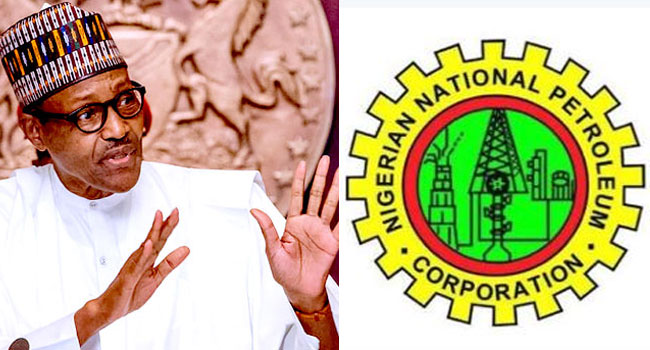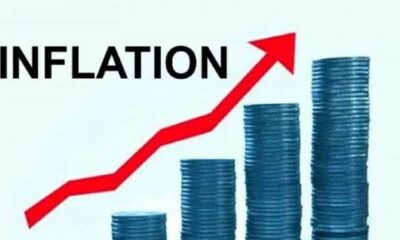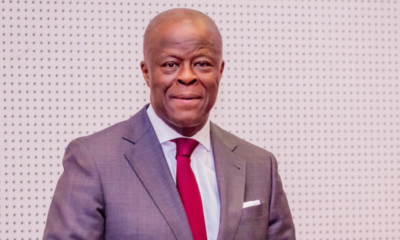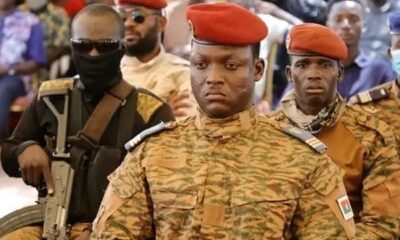Oil rich West African country, Nigeria has launched state owned Nigerian National Petroleum Corporation (NNPC) as commercial venture.
President Buhari while speaking at the official unveiling ceremony of the new NNPC Limited at the State House Conference Centre, Presidential Villa in Abuja on Tuesday.
The law that permitted the transition of the NNPC, the Petroleum Industry Bill (PIB) 2021 into was signed by President Muhammadu Buhari law in August 2021, after the national assembly passed a harmonized version of the bill — the petroleum industry governance bill (PIGB), President Muhammadu Buhari refused assent due to “legal and constitutional reasons”.
President Buhari at the launch remarked that “the provisions of PIA (Petroleum Industry Act) 2021, have given the Nigerian petroleum industry a new impetus, with an improved fiscal framework, transparent governance, enhanced regulation, and the creation of a commercially-driven and independent national oil company that will operate without relying on government funding and free from institutional regulations such as the Treasury Single Account, Public Procurement, and Fiscal Responsibility Acts.
“It will, of course, conduct itself under the best international business practice in transparency, governance, and commercial viability.
‘By chance of history, I was privileged to lead the creation of the Nigerian National Petroleum Corporation on July 1, 1977. Forty-Four (44) years later, I was again privileged to sign the Petroleum Industry Act (PIA) in 2021, heralding the long-awaited reform of our petroleum sector.
‘‘Coincidentally, I, on the 1st of July 2022 authorized transfer of assets from the Nigerian National Petroleum Corporation to its successor company, the Nigerian National Petroleum Company Limited, and steered the implementation leading to the unveiling of Africa’s largest National Oil Company today.
‘‘I therefore thank Almighty God for choosing me to consistently play an important role in shaping the destiny of our National Oil Company from the good to the great.’’
Nigeria’s NNPC has been subject of immense corruption allegations, so much that President Buhari on coming into office on the mantra of fighting Nigeria’s neck-deep corruption, made himself the Minister of Petroleum, perhaps to face the menace in the oil sector head on having been a Minister of Petroleum Minister during past military government in Nigeria.
But not much seems to have changed, just last month, Nigeria’s lower legislative chamber, the House of Representatives alleged that more than $10 billion worth of the nation’s crude has been stolen via fraudulent fuel subsidy claims by the Nigerian National Petroleum Corporation (NNPC) and other industry stakeholders.
Will the transition of the NNPC into commercial venture eventually end the sour tale of corruption that has clipped Nigeria’s petroleum sector as President Buhari hinted in his remark at the launch of the New NNPC? Nigerians will hope so.


 Tech1 day ago
Tech1 day ago
 Metro1 day ago
Metro1 day ago
 Sports1 day ago
Sports1 day ago
 VenturesNow2 days ago
VenturesNow2 days ago

























